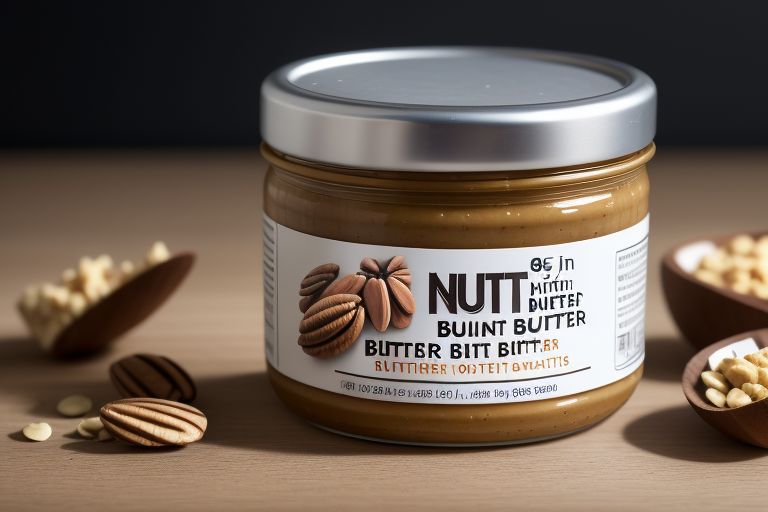
Nut butters have evolved far beyond the classic peanut spread. In the UK, health-conscious consumers are increasingly turning to nut butters as a nutrient-dense and flavorful staple in their diets. From almond to cashew to hazelnut, these creamy spreads are becoming a household favorite. Whether enjoyed on toast, added to smoothies, or spooned straight from the jar, nut butters are here to stay.
The Rise of Nut Butters in the UK
Traditionally dominated by peanut butter, the UK’s nut butter market has expanded in recent years to include a diverse range of alternatives. Health trends, plant-based eating, and an interest in clean-label foods have all contributed to the growing demand.
Shoppers now seek more than just taste—they want products that align with their wellness goals. Nut butters, often high in protein, healthy fats, and vitamins, tick all the boxes. According to UK food industry reports, nut butter sales have skyrocketed in recent years, with almond butter and mixed nut blends leading the way.
Health Benefits of Nut Butters
Nut butters are not only tasty—they’re also packed with nutrients. Whether made from almonds, cashews, walnuts, or hazelnuts, they typically offer:
- Heart-Healthy Fats: Rich in monounsaturated and polyunsaturated fats that support cardiovascular health.
- Protein Power: Ideal for vegetarians and fitness enthusiasts looking for plant-based protein sources.
- Fiber and Antioxidants: Many nut butters contain fiber and antioxidant compounds that support digestion and immunity.
- Vitamins and Minerals: A good source of vitamin E, magnesium, potassium, and other essential nutrients.
As long as they’re consumed in moderation and without added sugars or hydrogenated oils, nut butters can be an excellent addition to a healthy diet.
Popular Varieties Available in the UK
UK supermarkets and health food stores now stock a wide variety of nut butters, catering to different tastes and dietary needs. Some of the most popular options include:
- Almond Butter: Smooth and mild, often used in baking, smoothies, or as a spread.
- Cashew Butter: Creamier and slightly sweeter, ideal for desserts or sauces.
- Hazelnut Butter: Often associated with chocolate spreads, but available in natural, unsweetened forms.
- Mixed Nut Butter: A blend of multiple nuts offering complex flavors and a broad nutrient profile.
- Peanut Butter: Still a favorite, especially when made with just peanuts and a pinch of salt.
There are also options for crunchy or smooth textures, and organic or vegan-certified products, meeting a wide range of preferences.
Culinary Uses of Nut Butters
Nut butters are remarkably versatile in the kitchen. Beyond being a simple spread, they can be used to:
- Add richness to sauces and dressings
- Create energy bites or protein bars
- Swirl into porridge or yogurt bowls
- Blend into smoothies for added creaminess and nutrition
- Serve as a dip for fruits or vegetables
Their creamy texture and nutty taste complement both sweet and savory dishes.
Enjoying Nut Butters While Visiting the UK
Travelers coming to the UK, whether for business, leisure, or study, can enjoy the wide range of nut butter products available in supermarkets like Tesco, Sainsbury’s, Waitrose, and specialty organic stores.
If you’re applying for a UK Visa For SINGAPOREAN CITIZENS or a UK Visa For SLOVAK CITIZENS, the process is straightforward and accessible online. Once in the UK, be sure to sample the country’s unique culinary offerings—including the diverse nut butter selections that reflect the nation’s growing focus on health and wellness.
Final Thoughts
The nut butter movement in the UK is more than just a food trend—it’s a lifestyle shift toward better nutrition, plant-based eating, and culinary creativity. From breakfast tables to fitness snacks, nut butters are being embraced across all ages and lifestyles.
Whether you’re a UK resident or an international visitor exploring with a tourist visa, indulging in the world of nut butters is a simple and delicious way to experience the UK’s evolving food culture.





